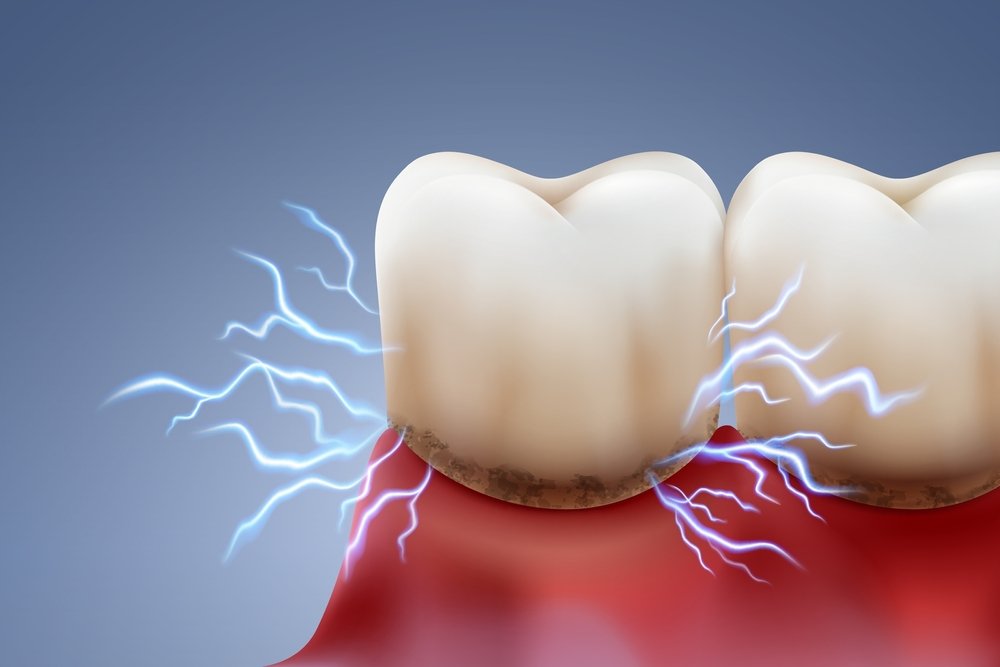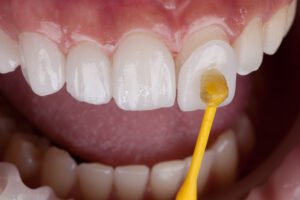Sensitive Teeth
Sensitive teeth can be a common and uncomfortable dental issue that many people experience. This condition can make simple activities such as eating, drinking, or even breathing in cold air painful. It is important to address sensitive teeth promptly to prevent further discomfort and potential dental problems.
One of the main causes of sensitive teeth is exposed dentin, which is the layer beneath the enamel that contains nerve endings. When the enamel wears down due to factors such as brushing too hard, acidic foods, or gum recession, the dentin becomes exposed, leading to sensitivity. It is crucial to practice good oral hygiene habits and use a soft-bristled toothbrush to prevent enamel erosion.
Another common cause of sensitive teeth is tooth decay or cavities. When bacteria in the mouth produce acids that attack the tooth enamel, it can lead to decay and sensitivity. Regular dental check-ups and cleanings can help detect and treat cavities early on to prevent further damage to the teeth.
Furthermore, grinding or clenching the teeth can also contribute to tooth sensitivity. This habit can wear down the enamel and cause stress on the teeth, leading to sensitivity and even fractures. Using a mouthguard at night can help protect the teeth from grinding and reduce sensitivity.
In conclusion, sensitive teeth can significantly impact a person’s quality of life and should not be ignored. By understanding the causes of tooth sensitivity and taking preventive measures, such as practicing good oral hygiene, visiting the dentist regularly, and using a mouthguard, individuals can effectively manage and reduce tooth sensitivity. It is essential to address sensitive teeth promptly to maintain oral health and overall well-being.




